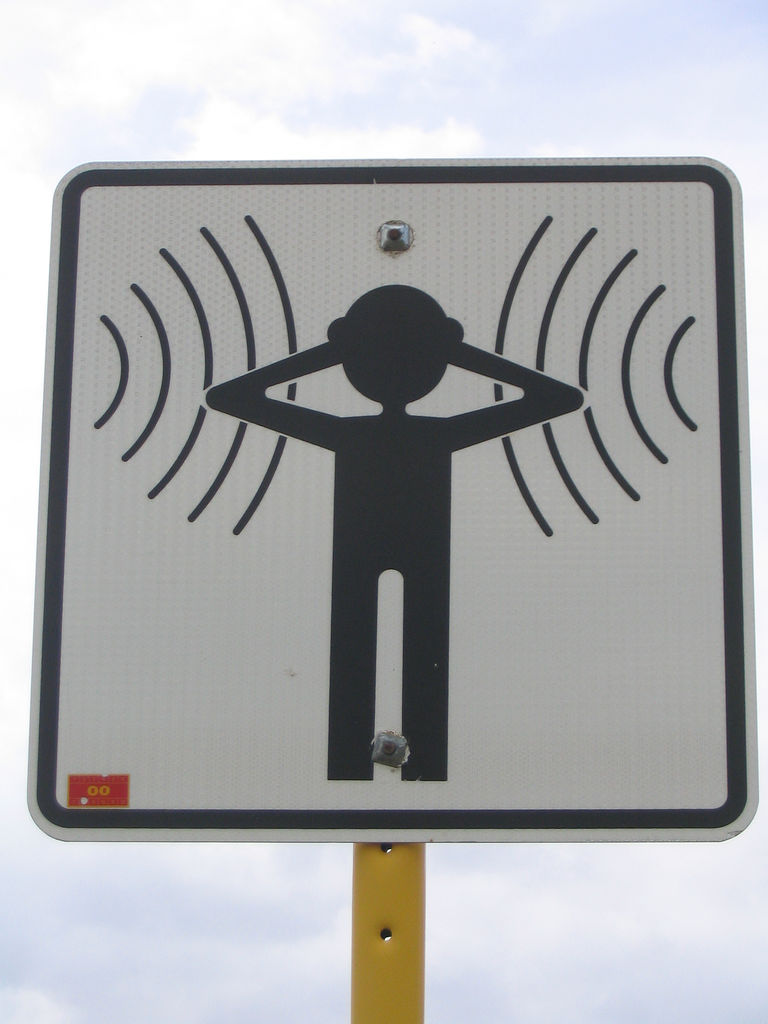For many nonprofits, this year’s giving is down.* And for many organizations, much of that reduced income is that major donors aren’t giving at the same levels they have in the past.
You’ve wondered why. You told everyone it was the economy, but is it really all the economy?
Your boss asked “why?” You’ve told ’em it was the economy, because that was the only answer you had, but is there something else going on?
Your board asked “why?” (You definitely told them it was the economy).
Here’s the reality, just between us. (And you may want to stick with that whole, “it’s the economy” answer until you make some changes). It probably wasn’t all the economy. I always shoot straight with you, so, take a deep breath. Here’s why your top donors aren’t giving the way they did last year: a lot of it was your fault.
Here are the top 5 reasons your major donors aren’t giving this year as they have in the past.
1. You thought it was the economy. Sure, many people experienced great losses in the downturn. Many lost their jobs. You communicated and talked about the “economy,” just like you were hearing on the news. But for the people who saw their life savings evaporate or who lost their job, it wasn’t an “economic” issue, it was a uniquely personal disaster. It wasn’t a headline or a statistic, it was years of savings and sacrifice that disappeared. It was years of focus and sweat at a company that laid them off. It wasn’t economic, it was personal. It happened to them. When you talked about the economy and didn’t talk about them, their struggle and their lives, you left them in the cold.
2. You sound like everyone else. Donors who give to you, particularly donors who are significant donors, give to other charities and nonprofits (shocking I know). You’ve sounded and communicated just like everyone else: “Budgets”; “Costs”; “Help”; “Layoffs”; “Have to have your help”; “Can’t do it without you”; “We need your help”; blah, blah, blah. When you didn’t differentiate your organization from all those other guys, you stayed in the noisy, money-grubbing, complaining, impersonal rabble. You didn’t get noticed. And you lost out.
3. You are all about expenses. Donors have bills to pay, too. You don’t forget that do you? And many of them, just like you, have less money now than they did last year. When I was running a nonprofit, I’ll never forget the donor who returned to me a fundraising appeal letter I had sent with this note written at the bottom: “Stop asking me to pay for your poor planning.” Ouch. If your expenses are greater than your income, don’t talk about bills! Donors don’t give to pay bills. They give for a higher purpose. When you forgot about your vision and your mission and became focused on the expenses you needed to pay, you lost them.
4. You are too busy. Bad times, missed budgets, reduced income, high stress all lead to more reporting, analysis and meetings. How far off are we this year than last year? What about direct mail, is it off, too? How are our top donors doing in comparison to the general file? How do we explain this to the board? Where can we cut expenses? On and on. When you spent more time in meetings discussing the loss of income than you spent talking to your major donors, you lost them. When you were generating reports rather than writing thank you notes, you lost them. When you had time for meetings with accounting but didn’t have time to see your best donors, you lost them.
5. You don’t care about them. Some of your donors lost staggering amounts of money. Some lost jobs they’d devoted their lives to. When you talked about your organization’s problems first and only, you told them you didn’t care. When you ignored them after they told you they might not have as much to give this year as last year, you made it clear you didn’t care about anything but their gift. When the only time you called or wrote was about you, you told them you didn’t love them for anything but their money. And they decided to give what they could to the organizations who really cared about them.
If these 5 things are true for your organization, you have a couple of options:
1. Ignore it. This is the stick your fingers in your ears and say, “La, la, la, la” until it goes away. Not a great strategy, but many do it.
2. Face it. Most organizations will do some variation on #1. So, if you talk straight to your donors. Maybe you have to say, “So sorry, we became consumed with our struggle and didn’t tell you how much we appreciate you.” Or maybe, “I called because I was thinking about what a hard year this has been for you and wanted you to know that I’m sorry. What can I do for you?”
If these donors loved you last year, they still love you this year. So reconnect. If you have to make amends do it today. Tell ’em you care. Tell them you love them for who they are not for the checks they write. You will bless them and they won’t forget you.
And in your experience, why aren’t your top donors giving, is it really all about the economy?
*We aren’t seeing that with our clients, but it is happening.

Steve Thomas
Partner, Oneicity
(photo credits: pusgums)

